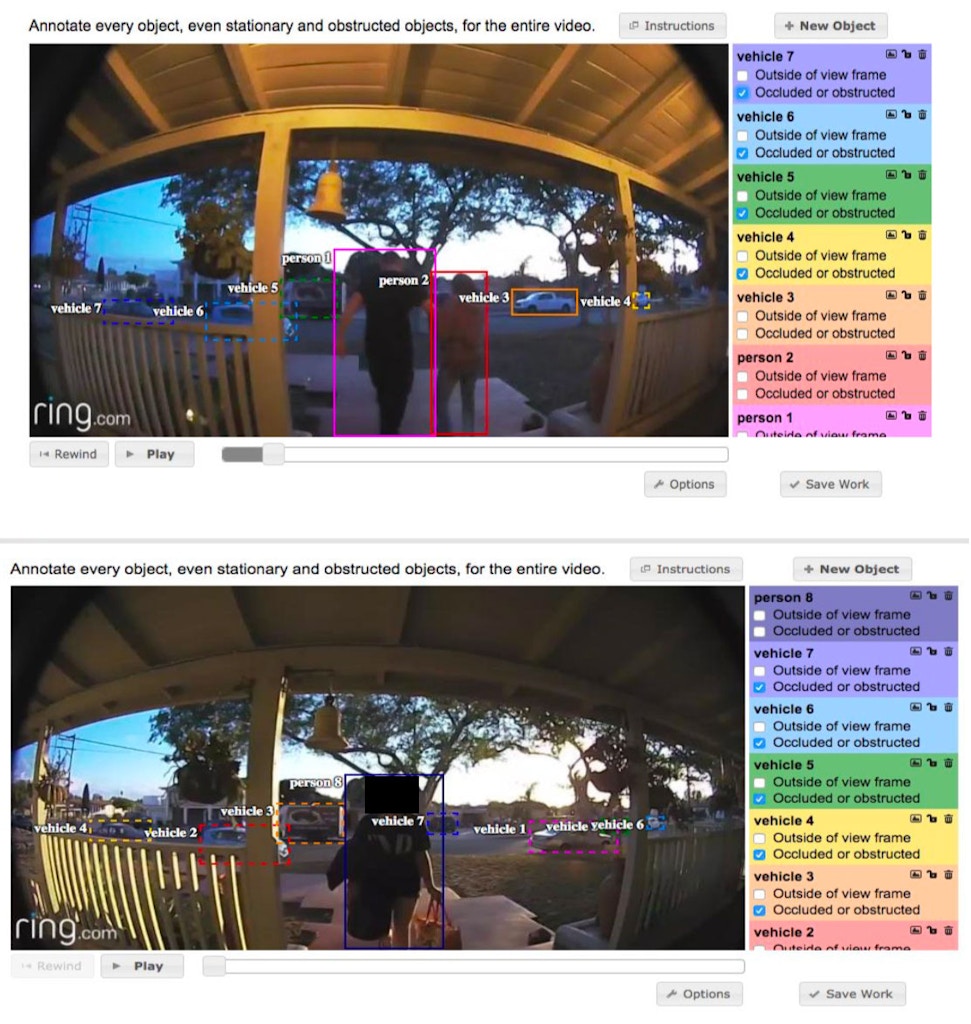For Owners Of Amazon’s Ring Security Cameras, Strangers May Have Been Watching Too

THE “SMART HOME” of the 21st century isn’t just supposed to be a monument to convenience, we’re told, but also to protection, a Tony Stark-like bubble of vigilant algorithms and internet-connected sensors working ceaselessly to watch over us. But for some who’ve welcomed in Amazon’s Ring security cameras, there have been more than just algorithms watching through the lens, according to sources alarmed by Ring’s dismal privacy practices.
Ring has a reported history of lax, sloppy oversight when it comes to deciding who has access to some of the most precious, intimate data belonging to any person: a live, high-definition feed from around — and perhaps inside — their house. The company has marketed its line of miniature cameras, designed to be mounted as doorbells, in garages, and on bookshelves, not only as a means of keeping tabs on your home while you’re away, but of creating a sort of privatized neighborhood watch, a constellation of overlapping camera feeds that will help police detect and apprehend burglars (and worse) as they approach. “Our mission to reduce crime in neighborhoods has been at the core of everything we do at Ring,” founder and CEO Jamie Siminoff wrote last spring to commemorate the company’s reported $1 billion acquisition payday from Amazon, a company with its own recent history of troubling facial recognition practices. The marketing is working; Ring is a consumer hit and a press darling.

